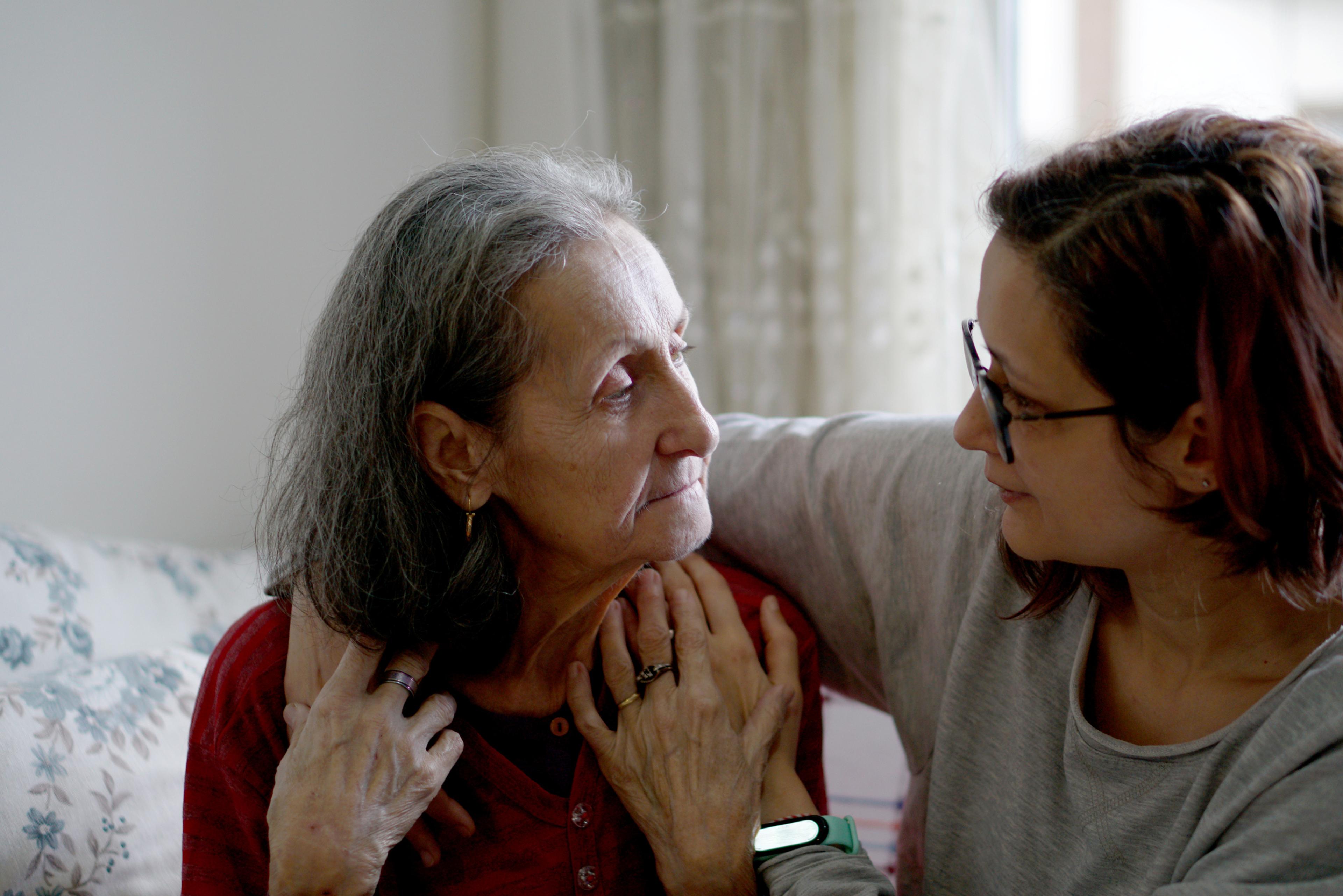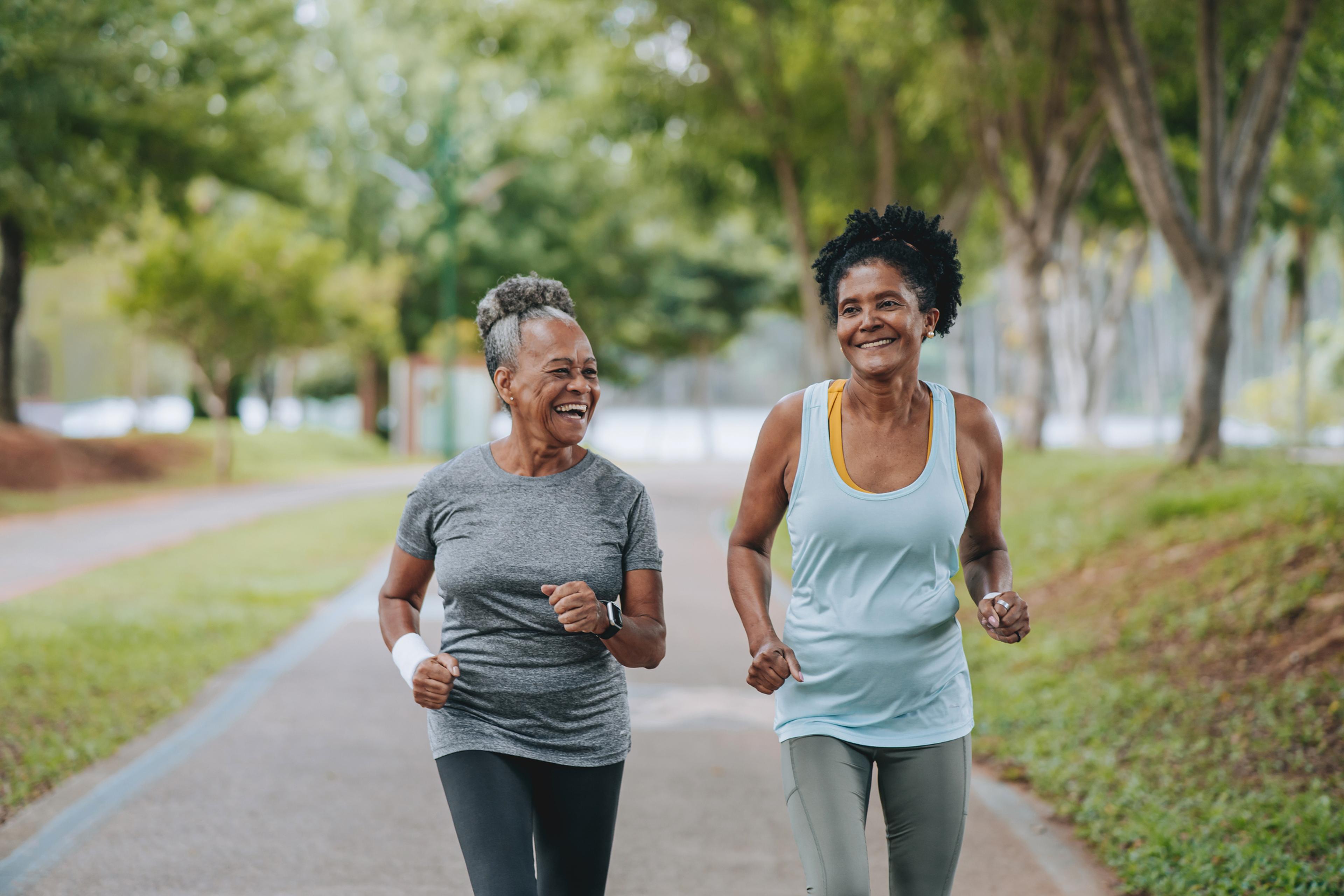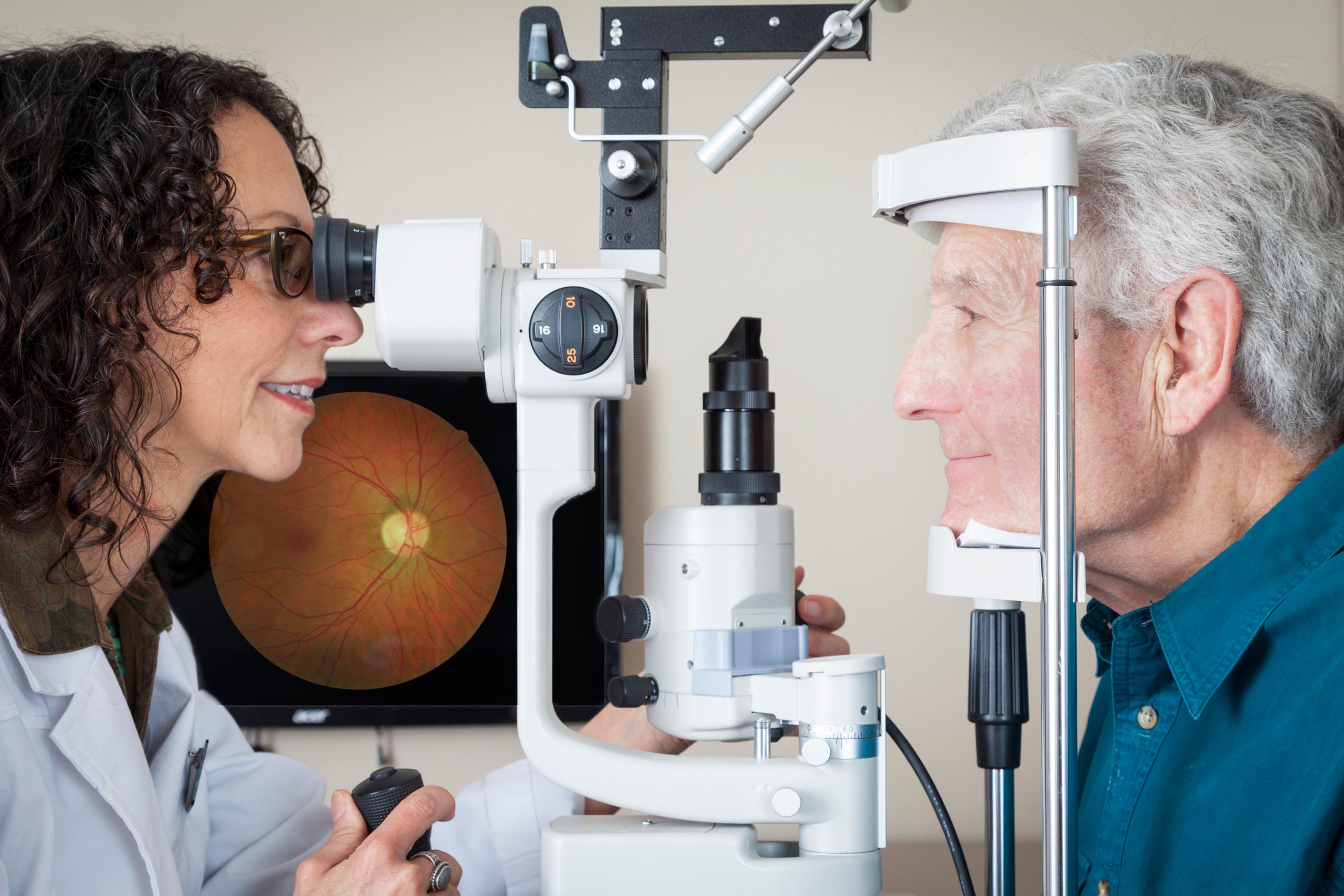Debunking Myths About Breast Cancer
Dr. Denice Logan, Medical Director at BCBSM
| 4 min read

With an estimated one in eight women in the United States expected to develop invasive breast cancer during their lifetime, the frequent myths that surround breast cancer, mammograms and prevention of this disease can sometimes be obstacles to those seeking to educate themselves about it. This year, more than 281,000 cases of invasive breast cancer in women are expected to be diagnosed in the U.S., according to the American Cancer Society. Men can also be diagnosed with breast cancer, as 2,650 cases will be found in men this year. Across the country, health care providers and nonprofits like the National Breast Cancer Foundation and Breastcancer.org work to dispel myths that can be a barrier to prevention, early diagnosis and treatment. Here are some of the most common breast cancer myths: Myth: Mammograms cause breast cancer to spread because they put pressure on breasts. Fact: Mammograms are used to detect breast cancer. The procedure does not cause cancer to spread. Myth: Only people with a family history of breast cancer will get the disease. Fact: Only five to 10% of breast cancer cases are believed to be inherited genetically. Most people who are diagnosed with it have no known family history. Myth: Breast cancer always causes a lump that can be felt during a self-exam. Fact: There is not always a detectable lump with breast cancer. Self-exams are good, but regular mammograms should be done on the schedule suggested by a health care provider. Myth: Tucking a cell phone inside a bra can cause cancer. Fact: There is no evidence that carrying a cell phone close to the breast will cause cancer. Myth: Young women don’t really get breast cancer. Fact: One in every 25 women who contract invasive breast cancer are under the age of 40. Myth: Wearing underarm deodorant causes breast cancer. Fact: There is no correlation between wearing antiperspirants or deodorants and cancer. Myth: Eating too much sugar can cause or “feed” breast cancer, causing it to spread. Fact: There is no evidence that consuming too much sugar causes cancer. Myth: Breast cancer is contagious. Fact: This is not true. Breast cancer is not contagious. Myth: Wearing an underwire bra can cause cancer. Fact: There is no evidence linking bras – or underwire bras – to cancer. Myth: Eating soy-based foods increases the risk of developing breast cancer. Fact: There is no evidence that consuming soy increases a person’s cancer risk, according to the American Cancer Society.
Breast Cancer Screenings
For women, particularly those age 40 to 44, breast cancer screenings are optional. But by 45, screenings should be performed regularly as part of their annual physical. Women ages 50 to 64 years old can shift from an annual screening to one every two years. This decision is based on an individual’s medical history and a doctor’s instruction. After age 65, screenings are done on a case-by-case basis. The standard screening test for breast cancer is a mammogram. A mammogram is an X-ray of the breast done by a special machine that compresses the breast between two plates to take an image. For some women, mammograms can feel uncomfortable. Here are some tips to make mammograms go smoothly:
- On the day of the mammogram, don’t wear deodorant, perfume or powder as these products can show up as spots on the X-ray.
- Women should avoid scheduling a mammogram just before or during their period, as breasts may be tender or swollen.
- Women will need to undress from the waist up for the mammogram, so consider wearing a top with a skirt or pants instead of a dress.
Talk to a health care provider about when is the right time to have a mammogram, as it may vary from the recommended schedule based on family history. Denice Logan, D.O., is a medical director at Blue Cross Blue Shield of Michigan. More from MIBluesPerspectives:
- Breast Cancer Screenings Down Due to COVID-19
- What to Know About At-Home Colon Cancer Screening Tests
- Breast Cancer Prevention: Steps to Take Today
Photo credit: Getty Images





